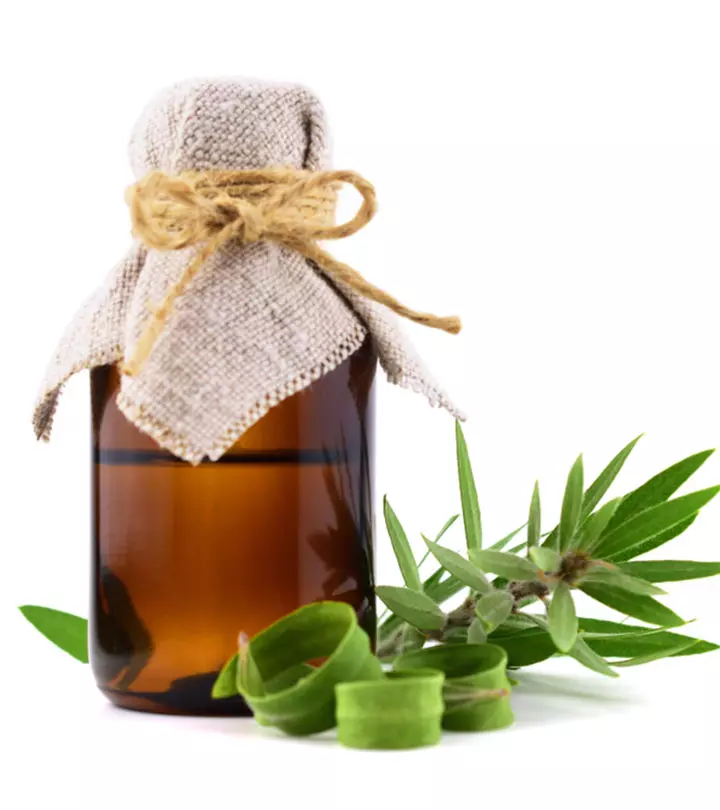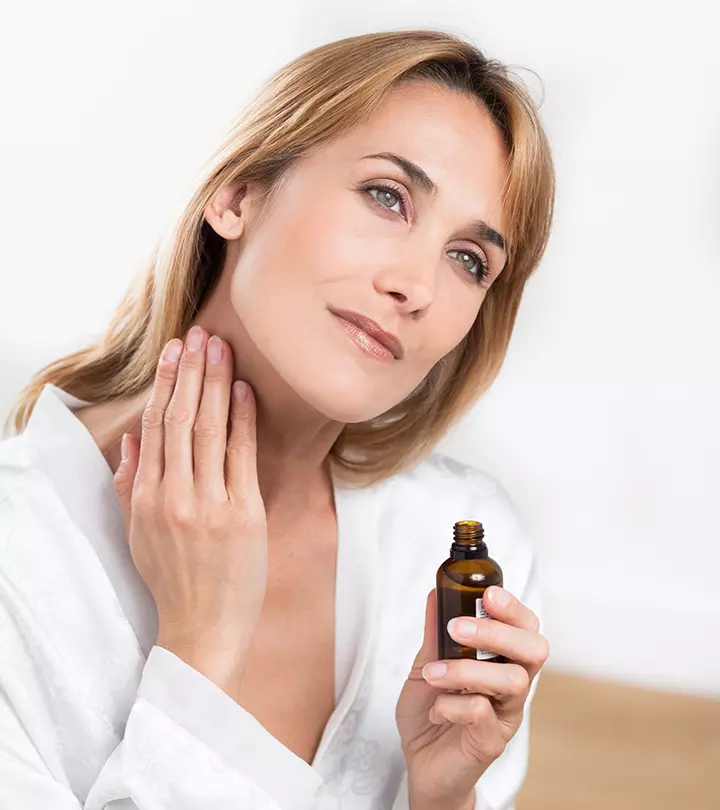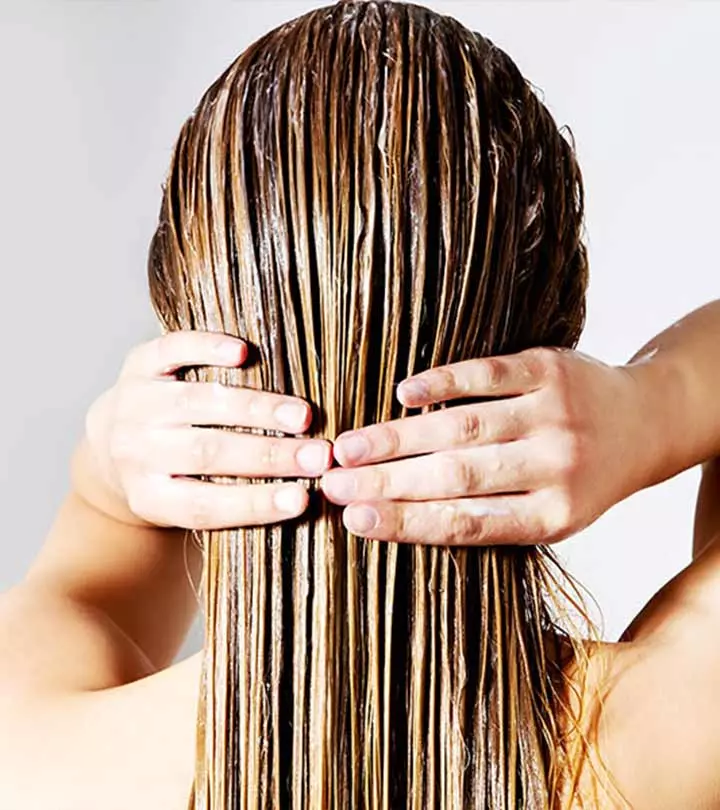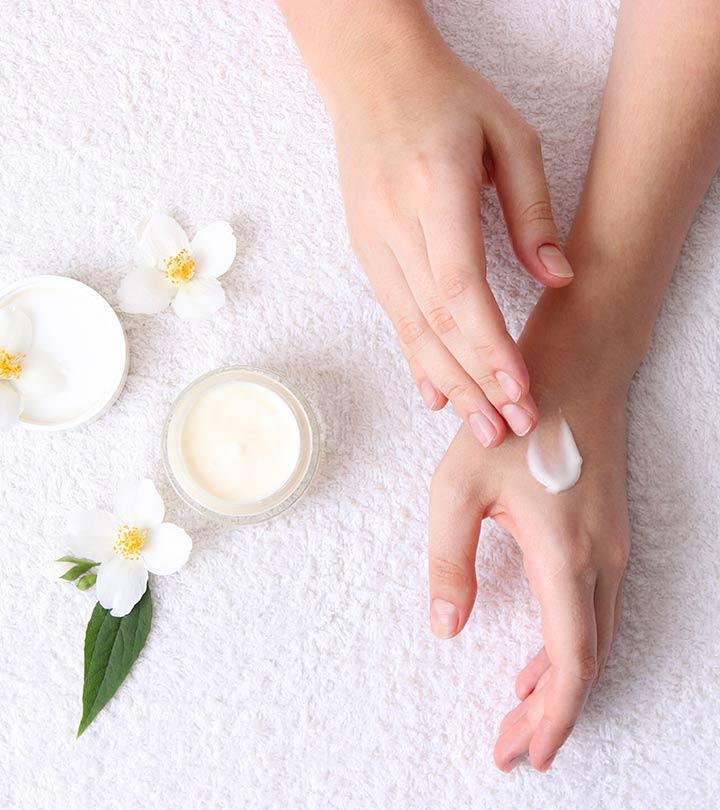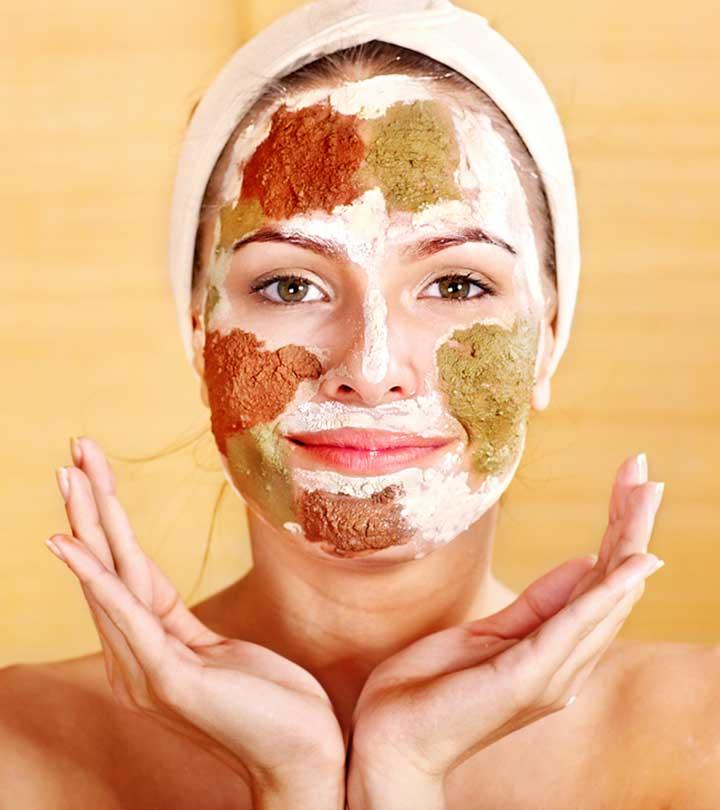A Dermatologist Answers The Most Common Questions About Psoriasis
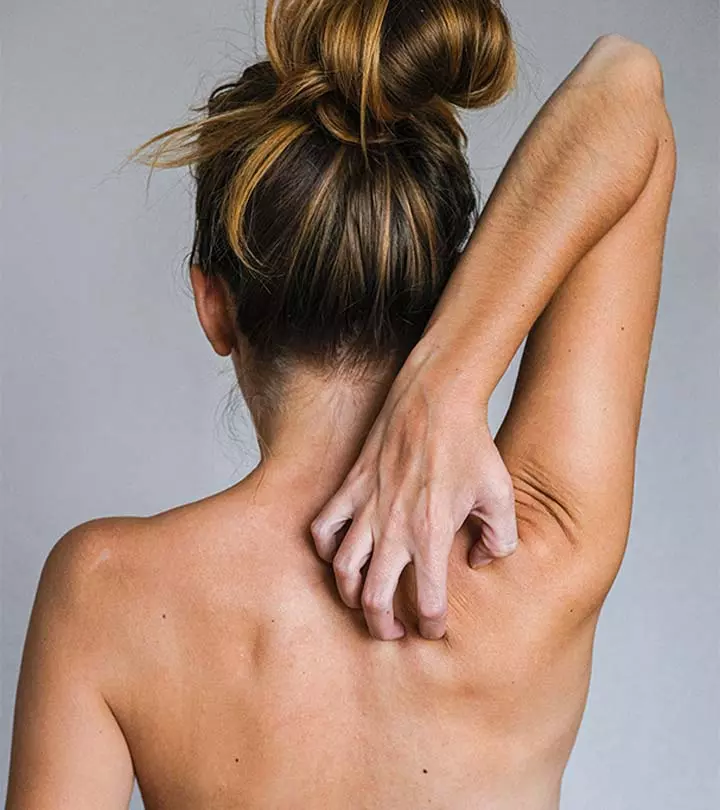
Image: Shutterstock
Who says you cannot have healthy and beautiful skin with psoriasis? While the condition can affect all aspects of your life, avoiding the triggers go a long way in psoriasis management. Ahead, board-certified dermatologist Dr. Emily Wood, MD, answers the frequently asked questions about psoriasis to help you understand how you can help your skin stay healthy with psoriasis. Read on.
1. Does sun exposure worsen psoriasis? Can I use UV lamps or tanning beds?
Dr. Wood: Short-term sun exposure (UVB) can improve psoriasis by lowering the inflammatory modulators that cause itchy and scaly plaques. However, UV lamps and tanning beds utilize UVA light, which may not help with psoriasis and contribute to wrinkles and other signs of aging and skin cancer over time. A single indoor tanning session can increase melanoma risk by 20%. So, it’s better to avoid UV lamps and tanning beds.
2. What is considered severe psoriasis?
Dr. Wood: Severe psoriasis is when 10% or more of the body surface is affected. For reference, one percent equals one handprint.
3. Does exfoliating and scrubbing clean the scales and plaque and smoothen the skin?
Dr. Wood: Never exfoliate or scrub the scales or plaques, as it may lead to the Koebner phenomenon (which means friction or rubbing can worsen the plaques or scales). It is like throwing fire on fire. Instead, to remove scales, use a topical salicylic acid wash. It minimizes the scales and plaques without causing trauma to the skin.
4. Does using a humidifier help soothe psoriasis?
Dr. Wood: Yes, especially during low humidity seasons (like winter). It is because a dry climate can lead to skin barrier dysfunction and trigger psoriasis flare-ups. While this is not a mainstay treatment, it can definitely help.
5. Does taking supplements help with psoriasis symptoms and maintain healthy skin?
Dr. Wood: The benefit of supplements for psoriasis is still under debate. Usually, people with psoriasis have low vitamin D levels in their bodies. In such cases, taking vitamin D supplements may help. However, there is still a need for further randomized control trials to examine the role of vitamin D in psoriasis management. Vitamin B12 is often used as an alternative therapy for psoriasis, but there is not enough evidence to support its use.
6. Is there a link between diet and psoriasis? What foods should I eat if I have psoriasis?
Dr. Wood: Studies have shown that a Mediterranean diet can reduce the inflammatory markers in people with psoriasis. In addition, patients with a BMI less than 30 have a more robust response to biologic therapies (therapy to restore the body’s immune system). So, following a diet rich in fruits, vegetables, and lean meats and weight management can increase the efficacy of medicines.
7. How do I get rid of the flakiness and scaly patches on my face, neck, ears, and other parts?
Dr. Wood: To remove the scaly patches, you can use a salicylic acid wash. Also, there are numerous treatment modalities available for psoriasis. It is best to consult a dermatologist and let them evaluate the severity of your condition to determine a treatment regimen that works best for you and your lifestyle.
8. Is there any plant-based natural therapy for psoriasis?
Dr. Wood: Some evidence suggests Indigo naturalis (Qing Dai), a herb used in Chinese medicine, is a well-tolerated topical therapy for psoriasis. If you want to try that, do a patch test to prevent irritation.
9. How often should I shower with psoriasis? What should be the average shower time?
Dr. Wood: There are no specific rules. You can shower daily. However, spend less time (not more than 5 minutes) in the shower to prevent moisture loss from the skin. Also, ensure to apply topical therapies shortly after getting out of the shower to prevent moisture loss and dryness.
10. Is swimming in saltwater (ocean) or chlorinated water (pool) safe for psoriasis?
Dr. Wood: Yes, it is safe to swim in the ocean or pool if you do not have open wounds, which might increase your risk of infection. In fact, chlorine can work as an antibacterial agent.
11. Can I use retinoids or other anti-aging products if I have psoriasis?
Dr. Wood: Yes, only if you do not have plaques on the face. Topical retinoids, such as tazarotene, are often used to treat psoriasis. Retinoids inhibit the rapid cell proliferation associated with psoriasis. However, applying retinoids and other anti-aging ingredients on existing plaques can irritate them and increase discomfort.
12. Is baby oil good for psoriasis?
Dr. Wood: Baby oil can be soothing. However, it is not as occlusive as petrolatum or an ointment-based therapy, which can help lock in moisture.
13. How long does it take for psoriasis to clear up?
Dr. Wood: It depends. Everyone responds differently to the treatments. The good news is, many of the newer therapies are superior to what was available a few years ago.
14. Why does my psoriatic skin itch more at night? How do I stop that?
Dr. Wood: The immune system attempts to heal the body while sleeping, which can worsen itching. There are numerous therapies to help reduce the itching at night. Consult your dermatologist to determine which one works best for you.
15. Does stress worsen psoriasis?
Dr. Wood: Yes! In fact, stress worsens almost all dermatologic conditions.
We hope the information provided above will help dispel your confusion regarding the day-to-day skin care practices for managing psoriasis. Everyone’s body reacts differently to different treatments. Therefore, it is always best to work with your dermatologist to determine the therapies that work best for you.





